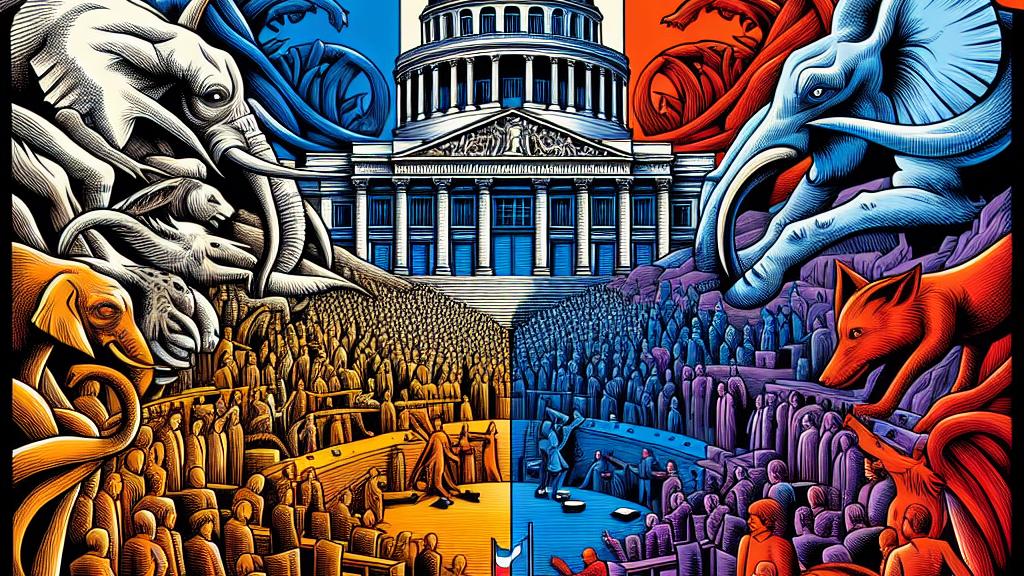Macron's Shift to the Right: The New Government Under Prime Minister Barnier
Overview
- Emmanuel Macron's recent appointment of Michel Barnier as Prime Minister signals a notable shift towards conservative governance in France.
- Barnier must tackle a series of urgent financial challenges, particularly the ballooning national debt that threatens economic stability.
- Widespread protests erupt as disenchanted citizens decry the cabinet's composition, viewing it as a betrayal of the electoral results.

Navigating France's Complex Political Landscape
In a striking political maneuver, President Emmanuel Macron has appointed Michel Barnier to lead a new government, reflecting a robust shift to the right during a particularly tumultuous time in France. The backdrop of this change is a hung parliament, a result of the recent elections that revealed a nation divided along ideological lines. While the left-wing alliance known as the New Popular Front emerged with the most seats, their inability to form a majority government opened the door for Macron to forge a coalition with conservative elements. This alliance is viewed by many as a direct response to the electorate's call for change, yet it has also ignited fierce opposition, with critics accusing Macron of disregarding the people's will.
Key Figures and Immediate Priorities for the New Cabinet
Prime Minister Barnier, celebrated for his role as the EU's chief negotiator during Brexit, faces an uphill battle right out of the gate. His first major undertaking is to address France's urgent financial crisis; the nation's debt is projected to surpass acceptable limits set by the European Union, creating a sense of urgency. Within his cabinet, Barnier has appointed notable figures, such as Bruno Retailleau as the interior minister, who now carries the heavy responsibility of managing critical issues like immigration and national security. Additionally, the young and ambitious Antoine Armand steps in as finance minister, tasked with the monumental job of drafting a comprehensive budget plan for 2025. With a keen awareness of the challenges ahead, Barnier must balance these appointments to stabilize governance while maintaining public trust.
Public Outcry and Future Challenges Ahead
The unveiling of Barnier's government has sparked significant public unrest, as citizens flock to the streets in cities like Paris and Marseille, voicing their discontent and demanding a cabinet that reflects their electoral choices. Protesters, brandishing banners and united in their frustration, label the new government a betrayal, suggesting that it prioritizes political maneuvering over genuine representation. This sentiment is echoed by influential figures, including far-left leader Jean-Luc Mélenchon, who derides the government as 'a collection of election losers.' As Barnier prepares to deliver a pivotal speech to the National Assembly on October 1, the pressure mounts to unite various political factions for legislative support. The outcomes of this administration will be scrutinized closely, not only by the public but also by the European Union, as Barnier's government navigates a landscape fraught with socio-economic challenges and a growing call for accountability.

Loading...